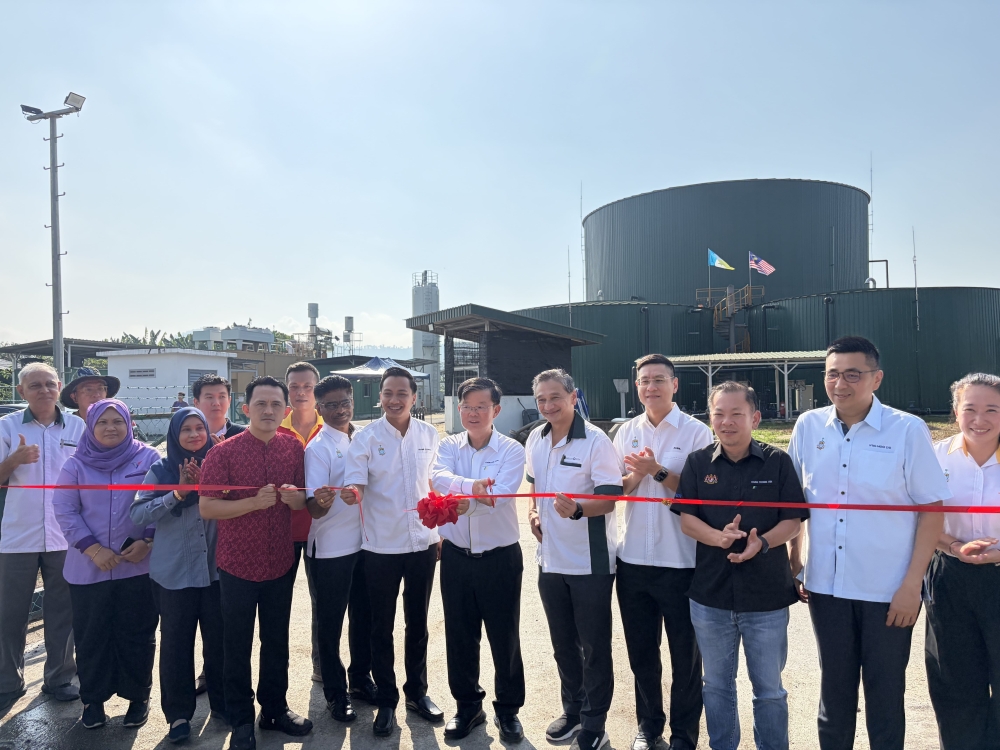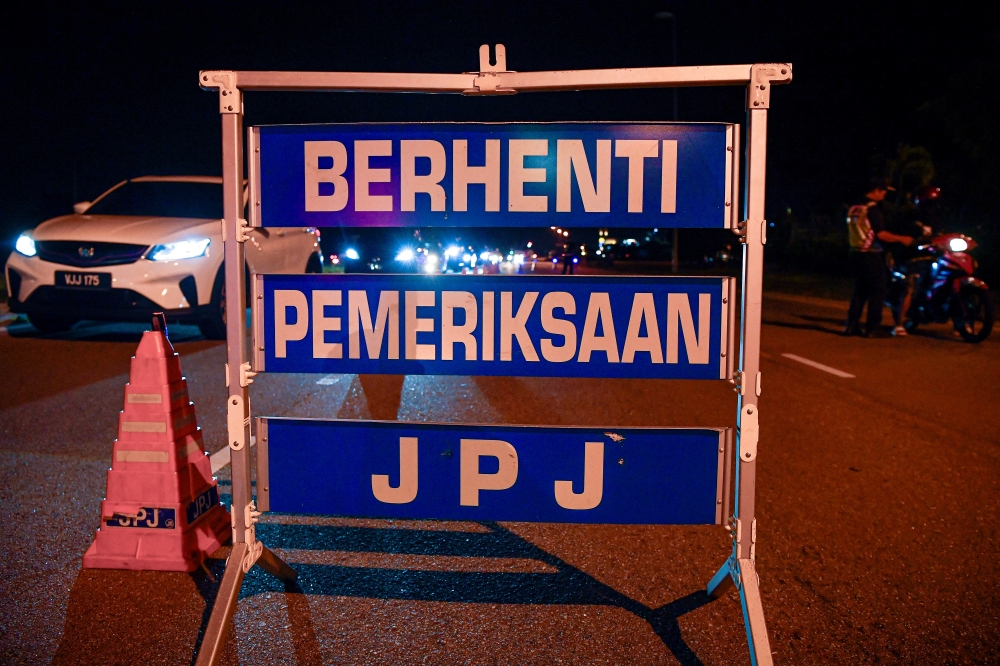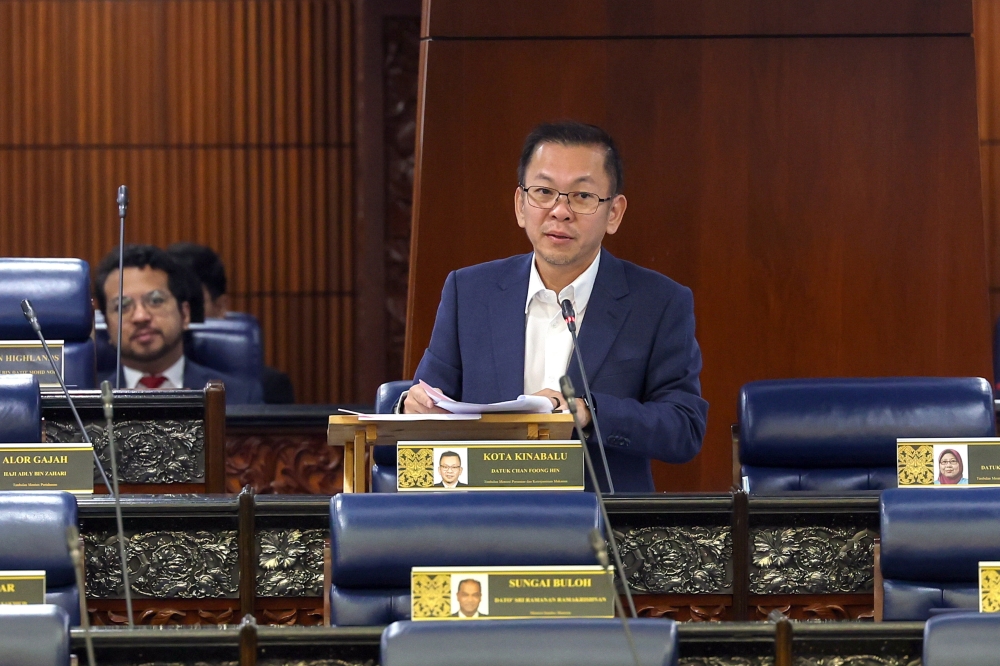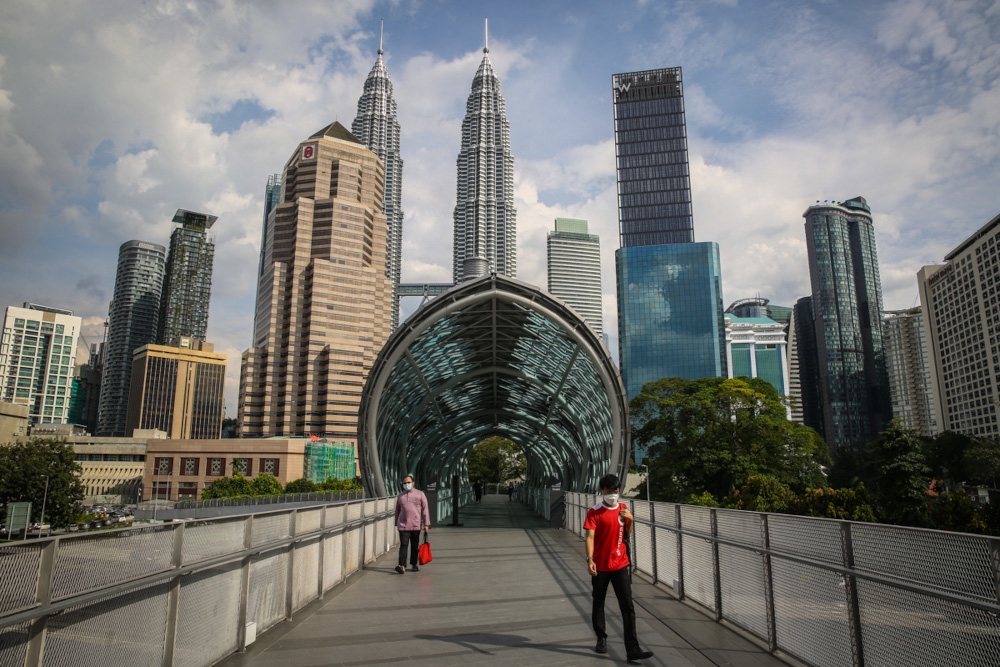JULY 18 ― When PAS took over the government of Kelantan in 1990, there was expectedly a lot of trepidation from the people in the state.
From the party’s inexperience in administration to the conservatism that is the backbone of its ideology, many felt that the state was going to regress to the Dark Ages.
There had been several major economic initiatives from the Barisan Nasional state government that was beginning to bear fruit, including hydro-electric power from the Pergau Dam that assisted in the bringing rural Kelantan into the mainstream and the Gua Musang-Kuala Krai Highway that provided a shorter and alternate route to Pahang and Kuala Lumpur for the timber route, among others.
KESEDAR, the South Kelantan Development Authority which was formed in 1978, was only 12 years old and had a lot of work to do in generating economic opportunities and creating jobs for the state’s then one million people, with a clear and streamlined plan dictated by the federal government in Kuala Lumpur.
The notorious monsoon floods that takes lives and property annually was also being addressed through numerous drainage projects.
So there was concern that all these would be stalled once PAS took over.
To the non-Muslims which form only three per cent of the population, there were fears that being ruled by an Islamist party would mean that their basic rights would be trampled on.
This fear was compounded by the appointment of Nik Abdul Aziz Nik Mat, an Islamic scholar and alumnus of University Al-Azhar as Mentri Besar.
However as the administration progressed, the new government assured that present federal and past state government initiatives which were being implemented would be allowed to continue.
Nik Aziz as it turned out was among the more progressive Muslim scholars one would know. He assured Kelantan’s minorities that their rights would be preserved and protected and until his death in 2013, did just that.
He even set up a special fund for non-Muslim places of worship and is known for being a guest at temples and churches to wish these minority communities during their festive occasions.
His example of a moderate Islam that embraces people of other faiths was a showpiece for the party and helped allay fears of non-Muslims against the party during the pre-Hadi Awang turnaround days.
The PAS government also promoted the use of the state dialect to enhance ties between the races ― speak in a common language, albeit it is already common practice among Kelantanese to speak in the dialect, even the ethnic minorities among themselves.
However, while the spiritual well-being of Kelantanese was being looked after, PAS was finding it tough to keep up where bread and butter issues were concerned.
With the near suspension of federal grants and the siphoning of oil royalty straight into federal coffers, the state government had to look for ways to bring in revenue. Economic activities that helped create jobs and generate revenue however were far and few.
To address the dwindling coffers, logging concessions were then given out like candy, where widespread and uncontrolled logging is seen as the reason for increased flooding and environmental damage, including displacement of the Orang Asal.
Any meaningful development is federal initiated such as the East Coast Economic Region (ECER) and the planned East Coast Rail Link.
To be fair though, the state government has been practical in land development where Malay Reserve Land which was once out-of-bounds to the non-Malays were now opened up for acquisition by Kelantan-born non-Malays.
Meanwhile, the state’s tourism also suffered not just due to negative publicity churned out by the BN PR machine but also through the lack of imagination of the administrators.
The failure to exploit Kelantan’s natural beauty and history was frustrating for those who saw its potential and this lack of publicity contributed to the failure of last year’s Visit Kelantan Year, with only half of the targeted three million tourist arrivals.
Despite a revival of late, the state’s rich culture has been decimated under the PAS government with traditional performances such as Mak Yong, Menora and even the Wayang Kulit ― synonymous with Kelantan ― banned as unIslamic and having Hindu elements.
The state government’s shortcomings were clear to see in the aftermath of the devastating floods of 2014 ― the state’s worst.
The lack of an action plan that involves relief work, temporary shelter and housing is still evident three years on, with families still living in tents.
The party’s obsession with the afterlife tells one that they are not concerned with the here and now. All policies are geared towards a broad and varied meaning of Shariah compliance.
Now with the purported introduction of public caning, it gives another reason for investors to shy away from the state ― although how it is going to be implemented is anyone’s guess as it contravenes the Penal Code of the Federal Constitution.
As a privileged non-Muslim Kelantanese, I can vouch that my rights have never been challenged or eroded under PAS rule. In fact they were enhanced as church building plans denied under the previous administration was approved during Nik Aziz’s time.
I still get my beers and siew yoke each time I return.
I am not subject to the “women only” or “men only” queues at the supermarket. It is easier for me to buy land in my home state ― in fact I get priority over a non-Kelantanese Bumiputera.
The women in my family are not subject to any dress code and can even walk around in sleeveless blouses.
However, the sluggish development over the last 20 years means the state still looks about the same as it did 20 years ago.
But I cannot be selfish. Many of my fellow Kelantanese are still struggling due to lack of job and business opportunities, hence the reason why many youngsters are moving to Kuala Lumpur or Penang to look for work.
Unless you have a job in the civil service or a business to run or inherit, there is little motivation to stay.
So perhaps, while the rest of the country is clamouring for change, it is also time for a change in this state of Cik Siti Wan Kembang.
Twenty-seven-years ― as are 60 years ― is long enough to make an informed decision on whether a change of government is needed in the interest of the people.
* This is the personal opinion of the columnist.






















